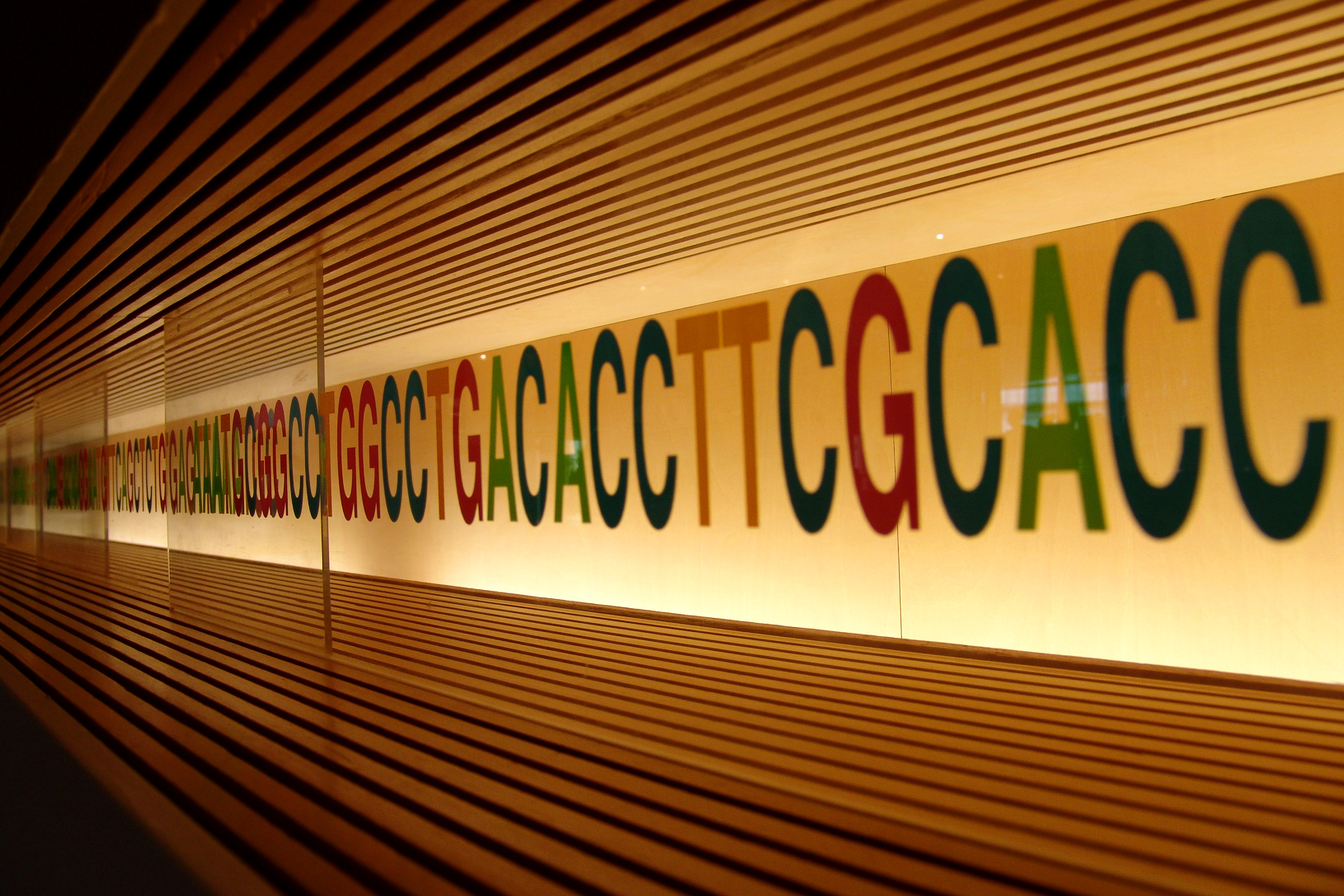Aggregated News

Imagine you’re having a child in the near future, and with the vast trove of gene-editing technologies that have surfaced, your doctors present a surprising proposition — they promise to customize hair, skin, and eye color, as well as eliminate any pathology, illness, or hereditary affliction that may infirm your baby. Moreover, and more controversially, they inquire if you wish to get rid of vision problems, obesity, mental disorders, or even hair loss. As you can discern, these realities thus present a fairly disquieting dilemma –is there an ethical duty behind using genetic modification to ensure a child’s success, or does such behavior engender a world in which imperfections are substandard, and inequality among humans becomes almost inherent and biological?
The concept of tuning gene-expression and manipulating base pairs has been around for a few years, and in January of 2013, the Zhang Labpublished the first method to edit the genome of mouse and human cells using CRISPR, the revolutionary process making waves around the world. More specifically, CRISPR comes in two separate parts – an enzyme called Cas9...



